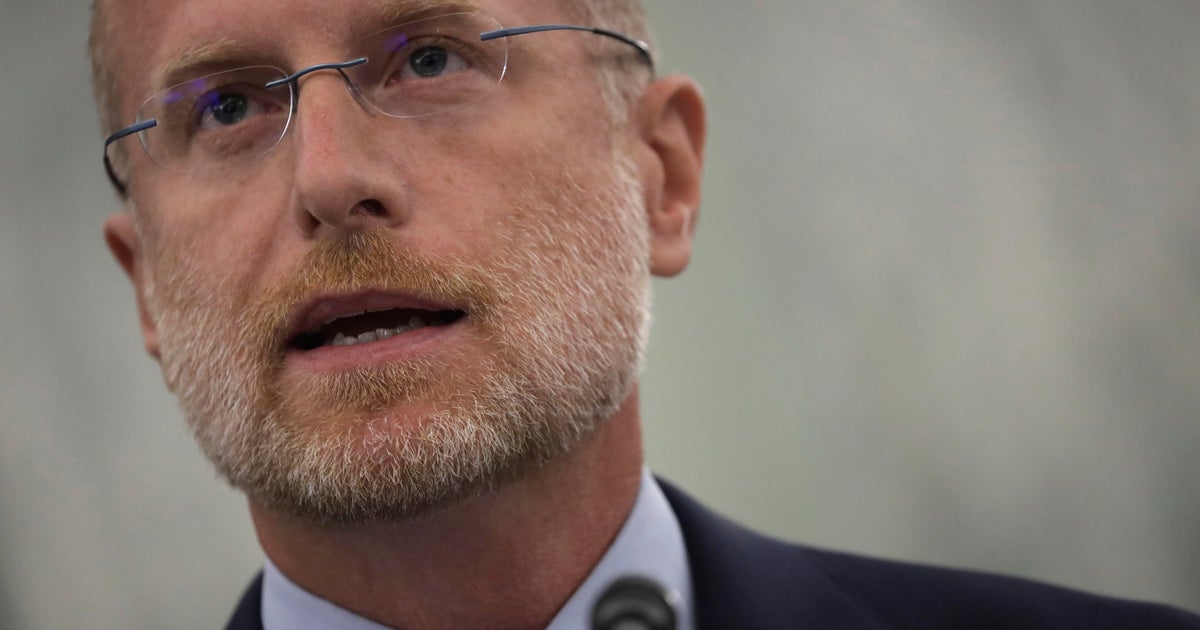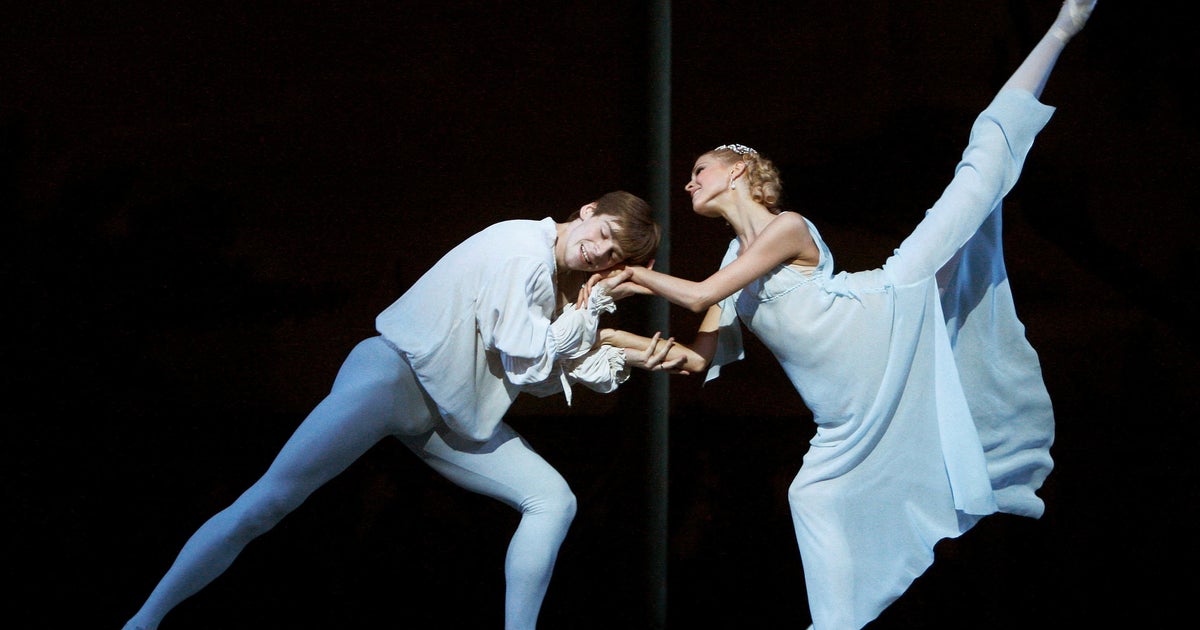Spanish soccer player rejects official's defiance after unsolicited kiss
Jenni Hermoso, the player who received an unsolicited post-victory kiss from Spanish soccer official Luis Rubiales at the 2023 World Cup final, released a joint statement through her union on Friday, rejecting Rubiales' account of the incident.
During a defiant speech on Friday, Rubiales said several times that he will not resign his position as Royal Spanish Football Federation (RFEF) president following a week of intense criticism.
Rubiales, speaking at the federation's Extraordinary General Assembly, vowed to "fight to the end" and described the kiss as "mutual."
In her statement, Hermoso described Rubiales' version as "categorically false."
"I felt vulnerable and a victim of an impulse-drive, sexist, out of place act without any consent on my part," Hermoso said. "Simply put, I was not respected."
Hermoso's statement came after Spain's national team players announced that they will not play any games unless Rubiales steps down.
FIFA opened a disciplinary case Thursday against Rubiales, who kissed Hermoso on the lips without her consent while celebrating the team's victory in the Women's World Cup final.
The governing body's disciplinary committee will weigh if Rubiales violated its code relating to "the basic rules of decent conduct" and "behaving in a way that brings the sport of football and/or FIFA into disrepute."
Right after Spain's victory, Rubiales was filmed grabbing his crotch in the exclusive section of seats, with Queen Letizia of Spain and 16-year-old Princess Sofía standing nearby.
Hermoso has said she did not like the kiss and the national players' union representing her —which the 46-year-old Rubiales once led —called Wednesday for his conduct to not go unpunished.
Spanish government equality minister Irene Montero described the kiss as "a form of sexual violence that women suffer on a daily basis, and which has been invisible so far, and which we should not normalize."
FIFA responded Thursday.
"FIFA reiterates its unwavering commitment to respecting the integrity of all individuals and strongly condemns any behavior to the contrary," the soccer body said without specifying which acts by Rubiales are under investigation.
Víctor Francos, Spain's secretary of state for sports, said Wednesday that "the gesture of grabbing his testicles in the tribune is a gesture that no one can defend."
FIFA gave no timetable for a ruling. The body's disciplinary judges can impose sanctions on individuals ranging from warnings and fines to suspensions from the sport.
The Spain women's squad also in near-mutiny last year on a separate issue because of some players' complaints about the culture under coach Jorge Vilda.
The FIFA disciplinary panel is chaired by Colombian lawyer Jorge Palacio, a former labor court judge and member of the state constitutional court.
The case likely will be judged by three of the 16 panel members. Three of them are women, from England, Mexico and Thailand.
Rubiales is a vice president of UEFA, a role which pays 250,000 euros ($270,000) each year plus expenses, and was the European soccer body's most senior representative at the biggest game in women's soccer.
UEFA president Aleksander Čeferin has yet to comment on the conduct of Rubiales, who is due to host the European soccer body's next annual congress in Madrid in February.
The Spanish soccer federation, which Rubiales has led for five years, has an emergency meeting Friday in Madrid where the agenda allows questions on the controversy.
It is unclear if the meeting will shore up support for Rubiales or respond to widespread pressure from Spanish government and soccer officials to remove him.
Rubiales, who led the Spanish players' union for eight years before taking over as federation president in 2018, is currently heading the UEFA-backed bid to host the men's World Cup in 2030. Spain is bidding with neighboring Portugal and Morocco, and also possibly Ukraine.
Francos said Rubiales has damaged the country's image as it tries to win support for hosting the World Cup.
FIFA delayed launching the 2030 bid contest in June but has targeted late next year for a decision.
The Spain-led bid is currently favored over a four-nation South American plan teaming Argentina, Chile, Paraguay and inaugural 1930 World Cup host Uruguay. Despite speculation about a possible bid from Saudi Arabia, the 2034 edition is seen as a more likely goal for the oil-rich kingdom.
— Tre'Vaughn Howard contributed to this report.





